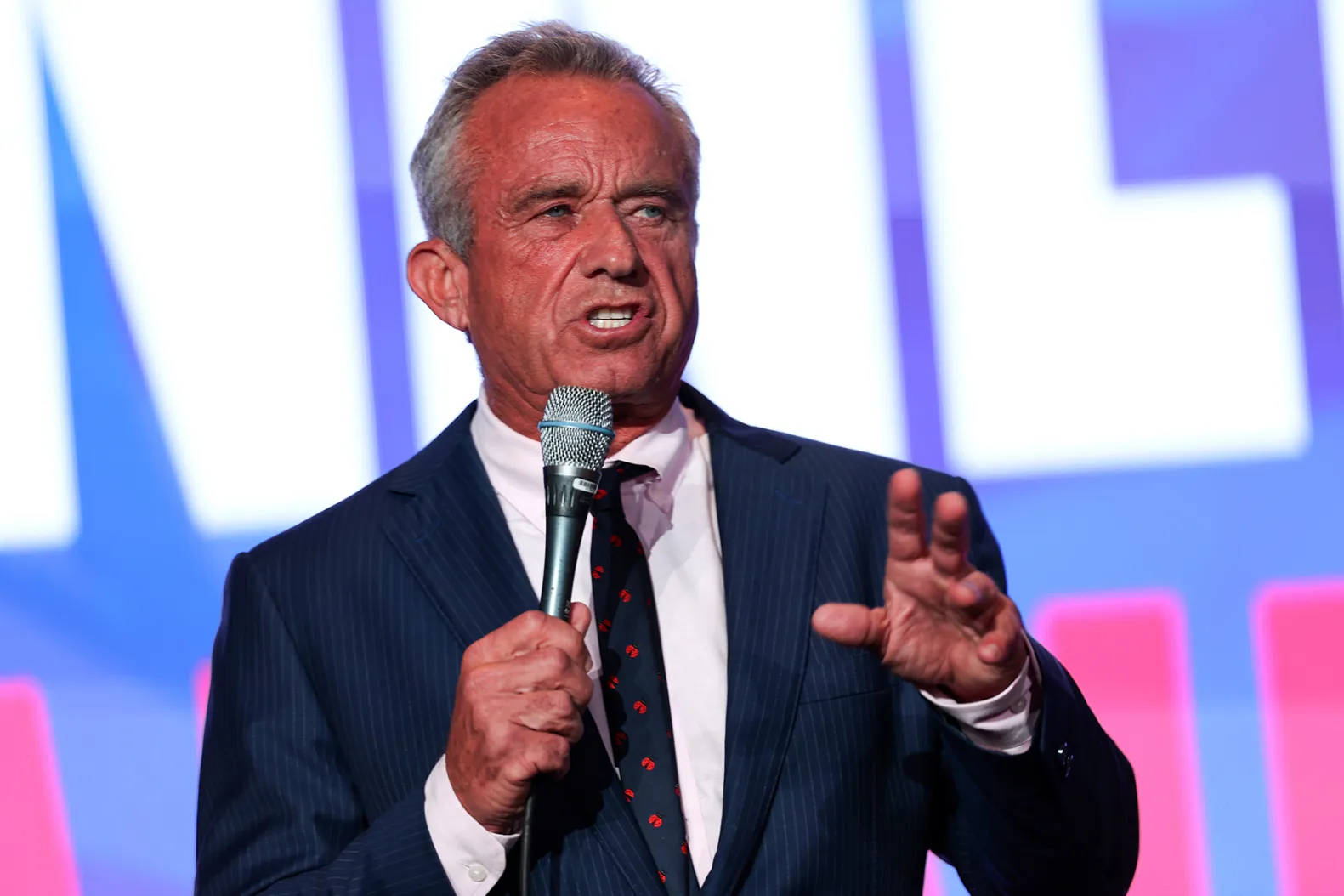RFK Jr. set to end Narcan program praised as a ‘Godsend’ that reduced overdose deaths, despite his past heroin addiction

Despite his own battle with heroin addiction, Health and Human Services Secretary Robert F. Kennedy Jr. is backing plans to end a crucial federal Narcan distribution program, a move that has sparked widespread concern from addiction experts and public health advocates. This program, credited with significantly reducing overdose deaths, faces termination under the Trump administration’s budget proposal.
Narcan, a lifesaving overdose reversal drug, has been a cornerstone in combating opioid-related fatalities, especially amid the growing fentanyl crisis. The $56 million annual grant program, funded through the Substance Abuse and Mental Health Services Administration (SAMHSA), has provided Narcan to first responders nationwide, training over 66,000 individuals and distributing more than 282,500 kits in 2024 alone. Recent CDC data reveals a nearly 24% decrease in overdose deaths for the year ending in September 2024—the sharpest drop in decades—partly attributed to increased naloxone access.
At the Illicit Drug Summit in Nashville on Thursday, Kennedy reflected on his personal journey with addiction, underscoring the importance of community support, treatment, and hope in addressing the nation’s drug crisis, USA Today reported. However, behind closed doors, the Trump administration’s proposed budget calls for devastating cuts to addiction programs, including the termination of the Narcan grant, according to The Independent.
“Narcan has been kind of a godsend as far as opioid epidemics are concerned, and we certainly are in the middle of one now with fentanyl,” said Donald McNamara of the Los Angeles County Sheriff’s Department. “We need this funding source because it’s saving lives every day.”
Though Kennedy has long recognized Narcan’s role in saving lives, he now frames the crisis as one that requires more profound spiritual and societal changes rather than relying solely on “nuts and bolts” medical solutions. This shift in perspective has raised alarm among those working on the frontlines of addiction prevention and response.
The proposed cuts have quickly drawn criticism from addiction specialists and public health advocates, who warn that slashing Narcan funding could undo the hard-earned progress made in the battle against overdose deaths. Opponents argue that removing life-saving tools while waiting for long-term societal fixes could leave the most vulnerable at risk.
Although national overdose deaths have decreased, experts caution that the epidemic is far from over, particularly in states still grappling with surges in fatalities. Ending federal Narcan support could undermine the recent gains and leave communities exposed to further tragedy.



